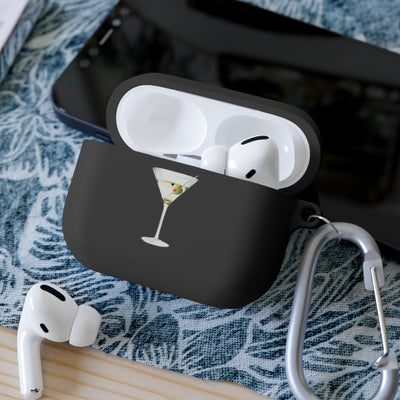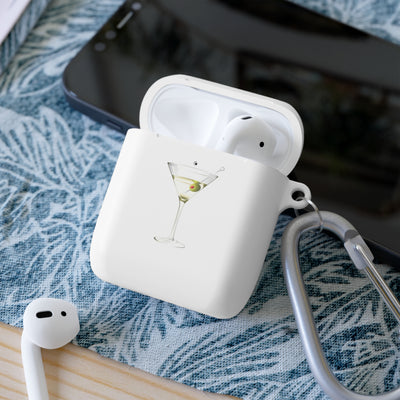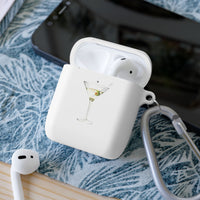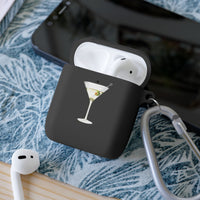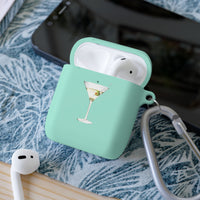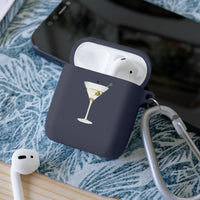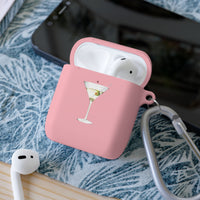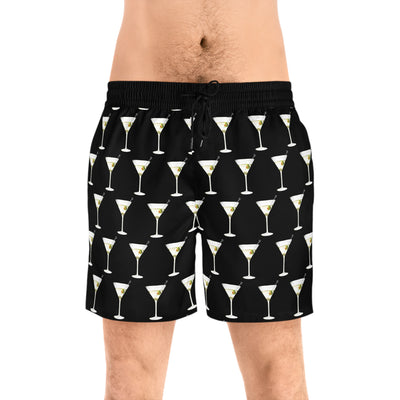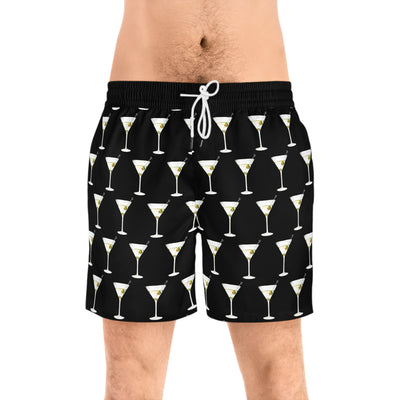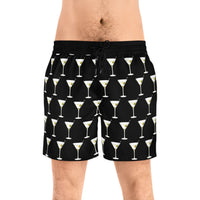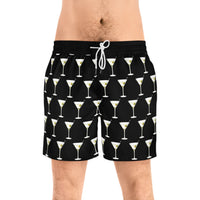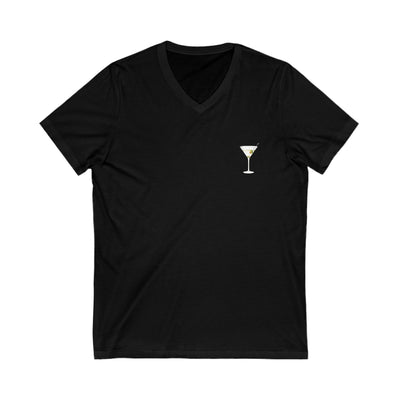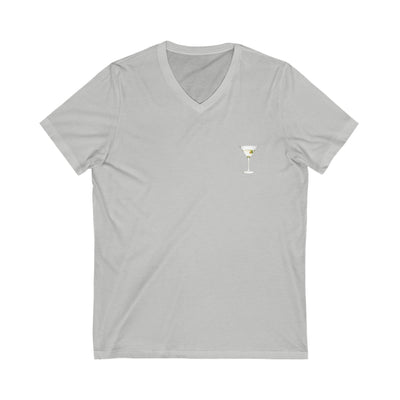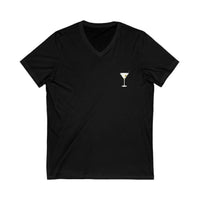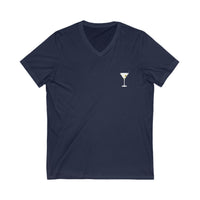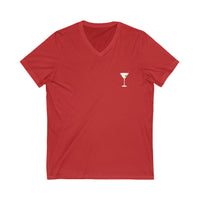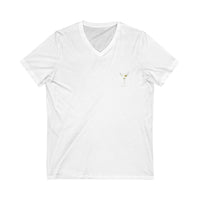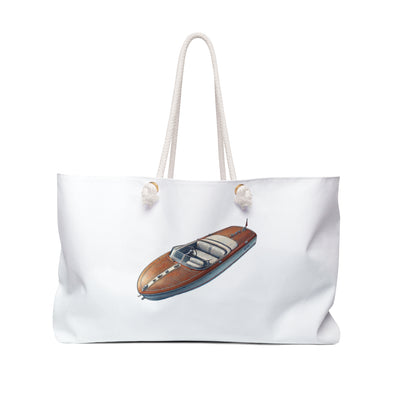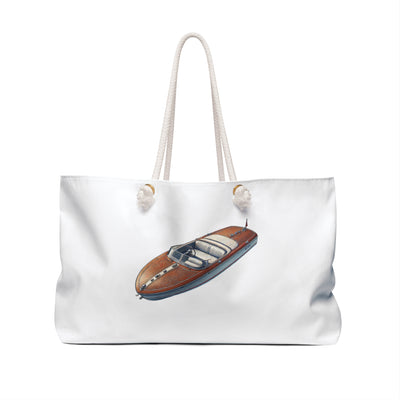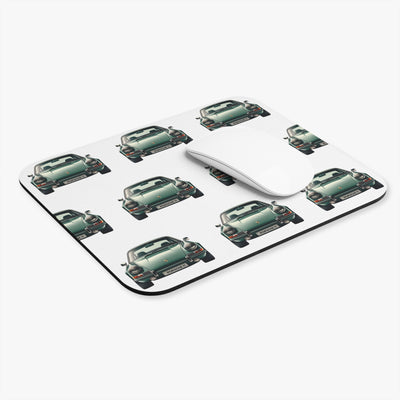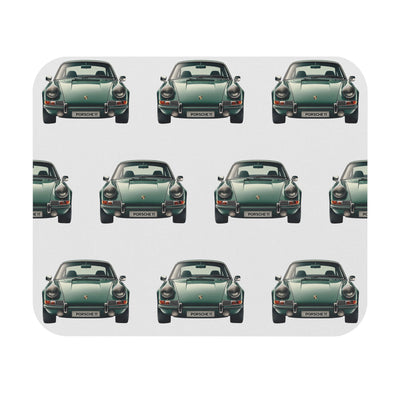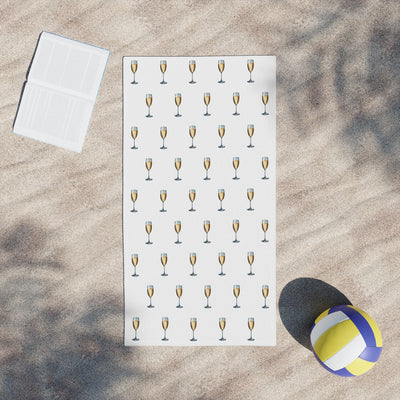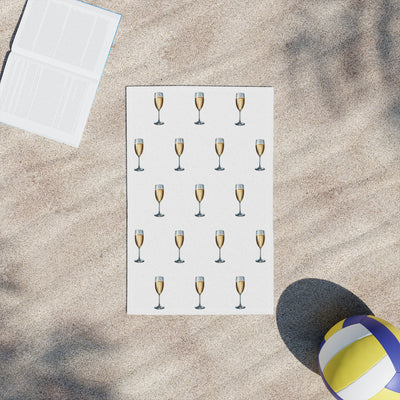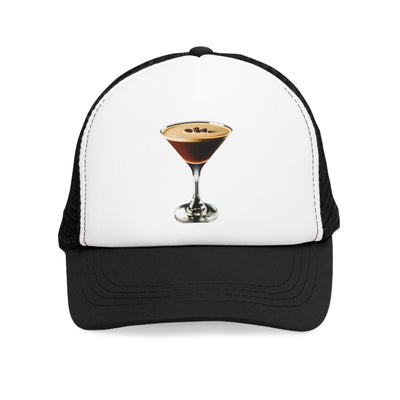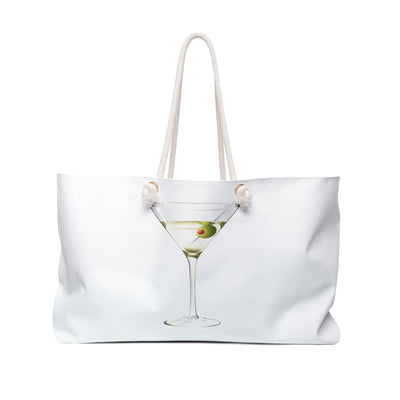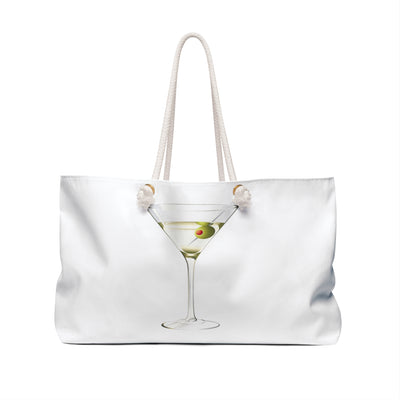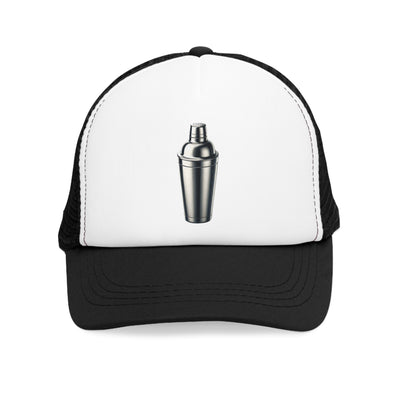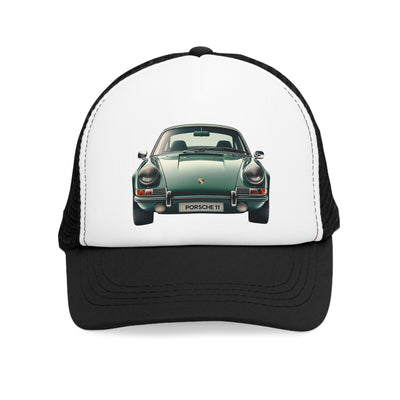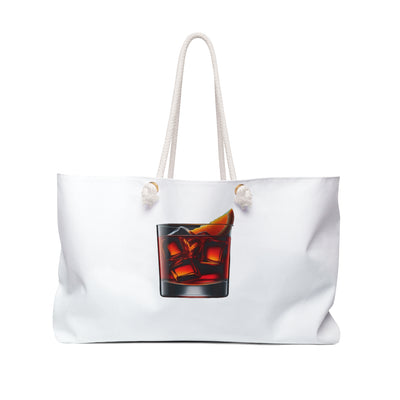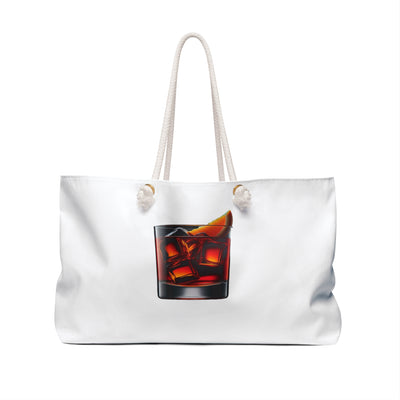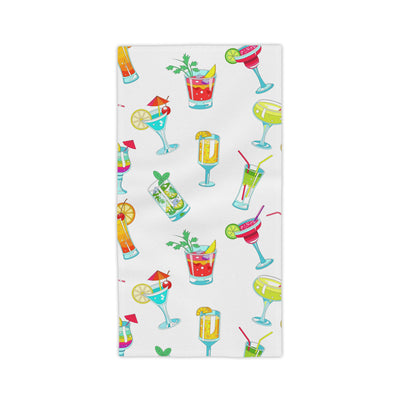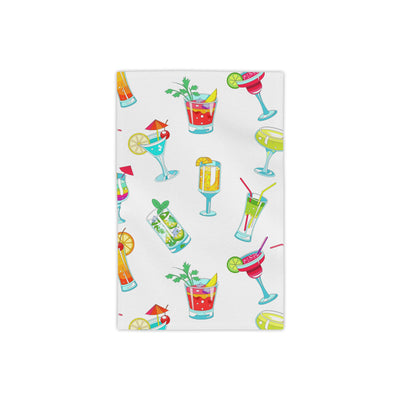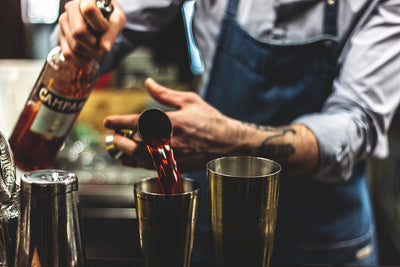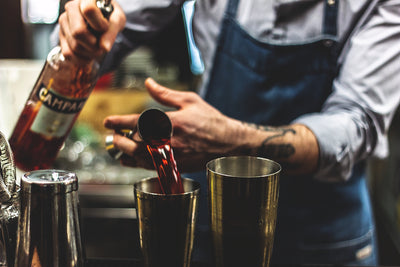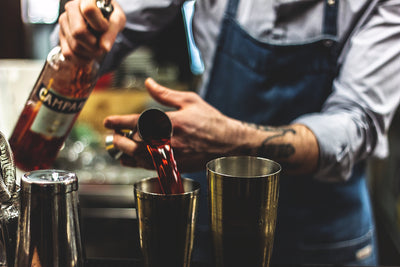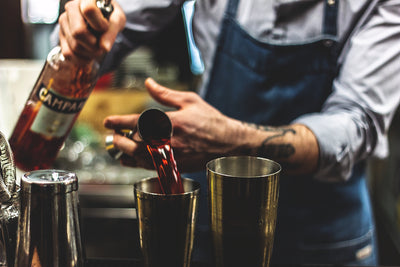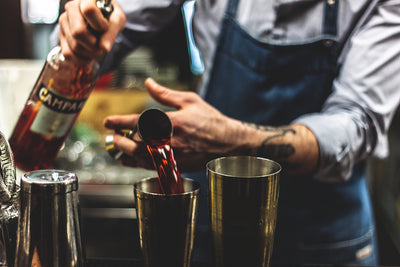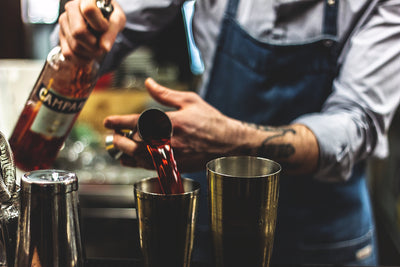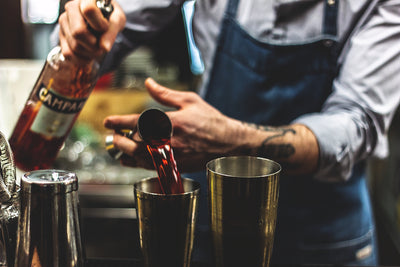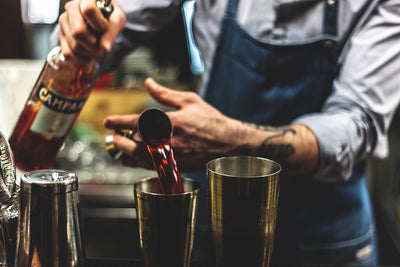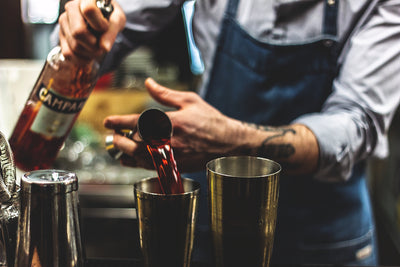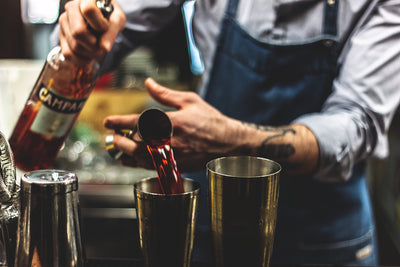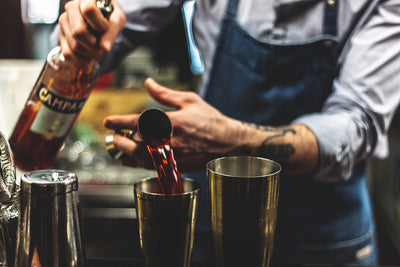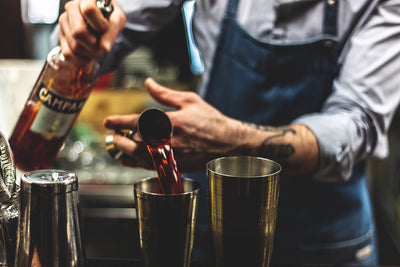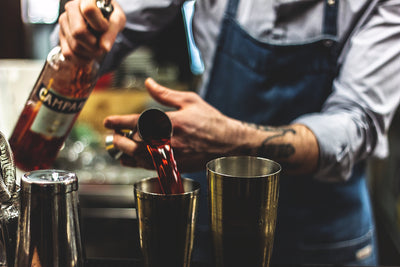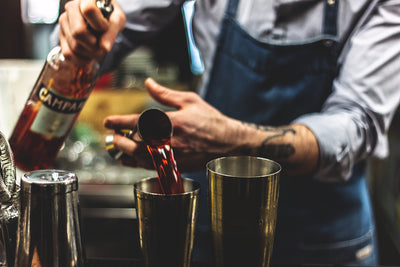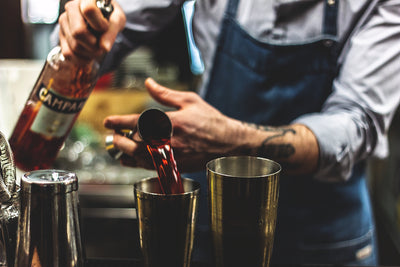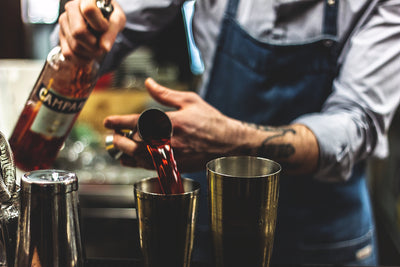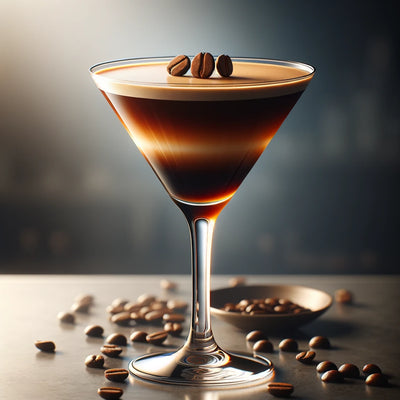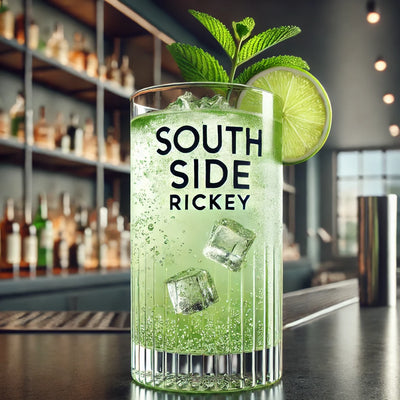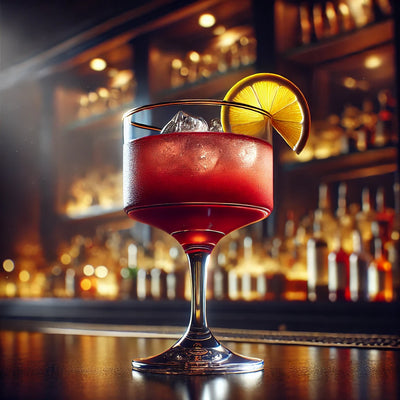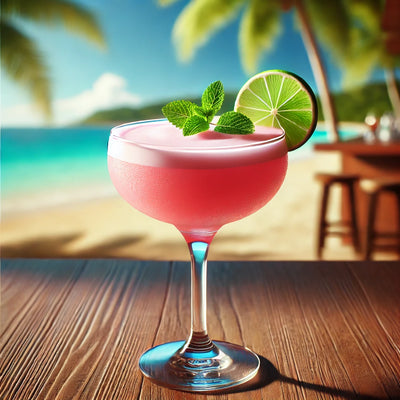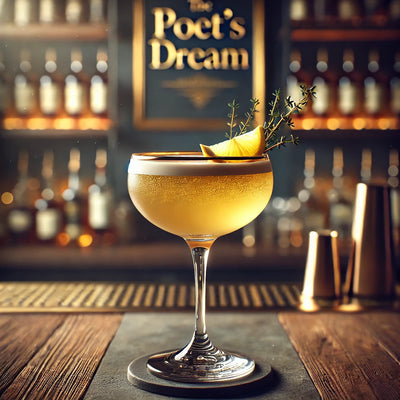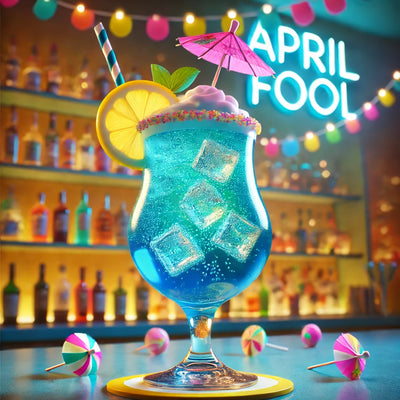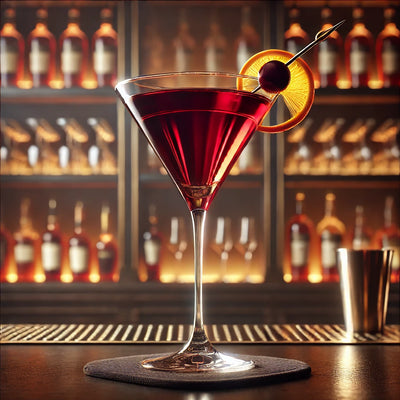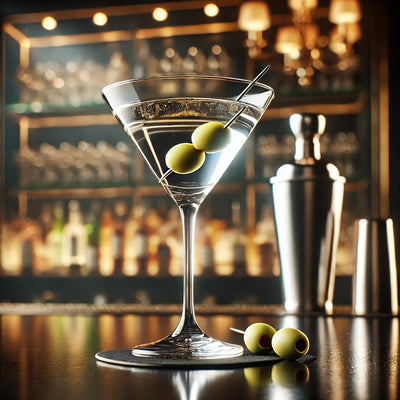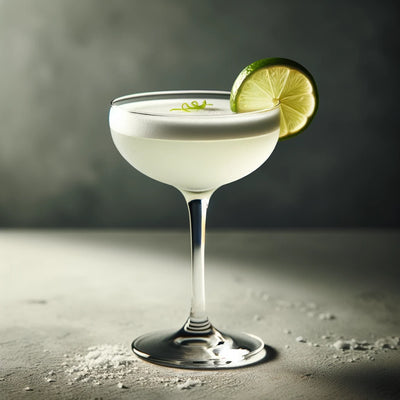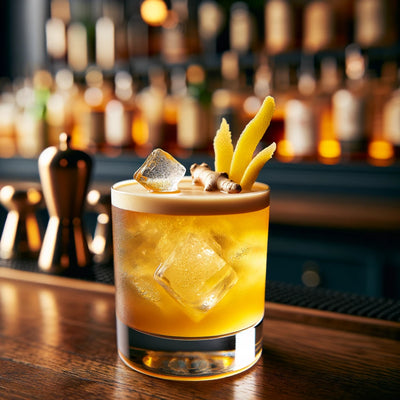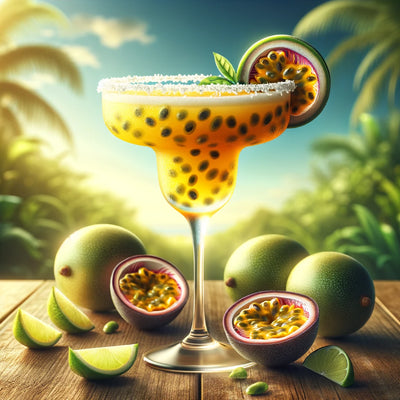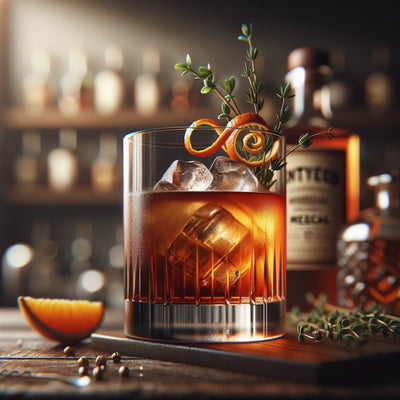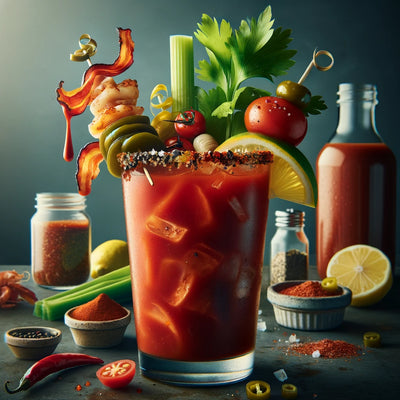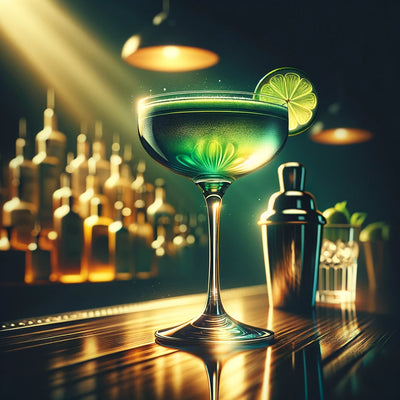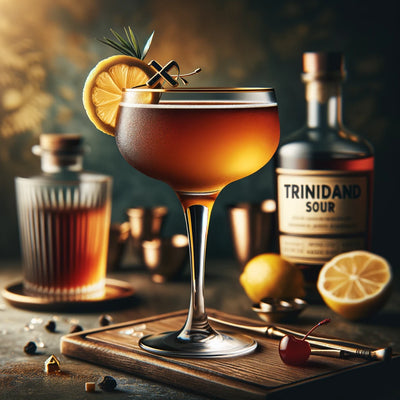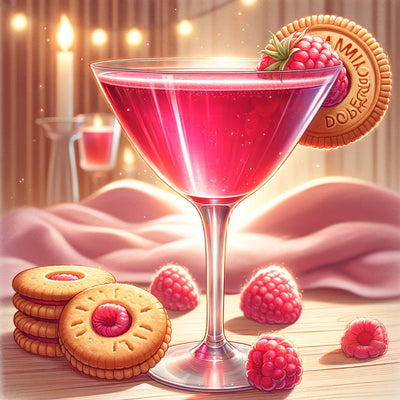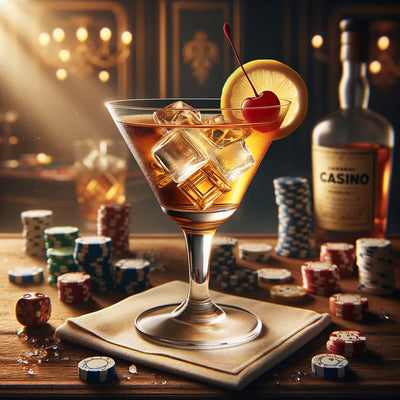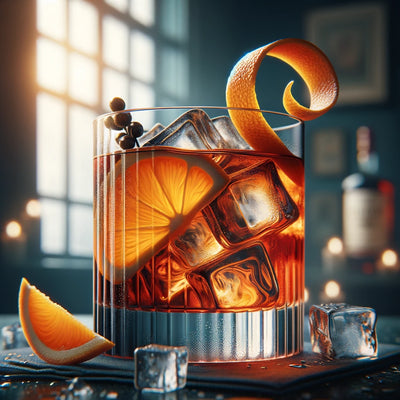Where Did Cocktails Originate?
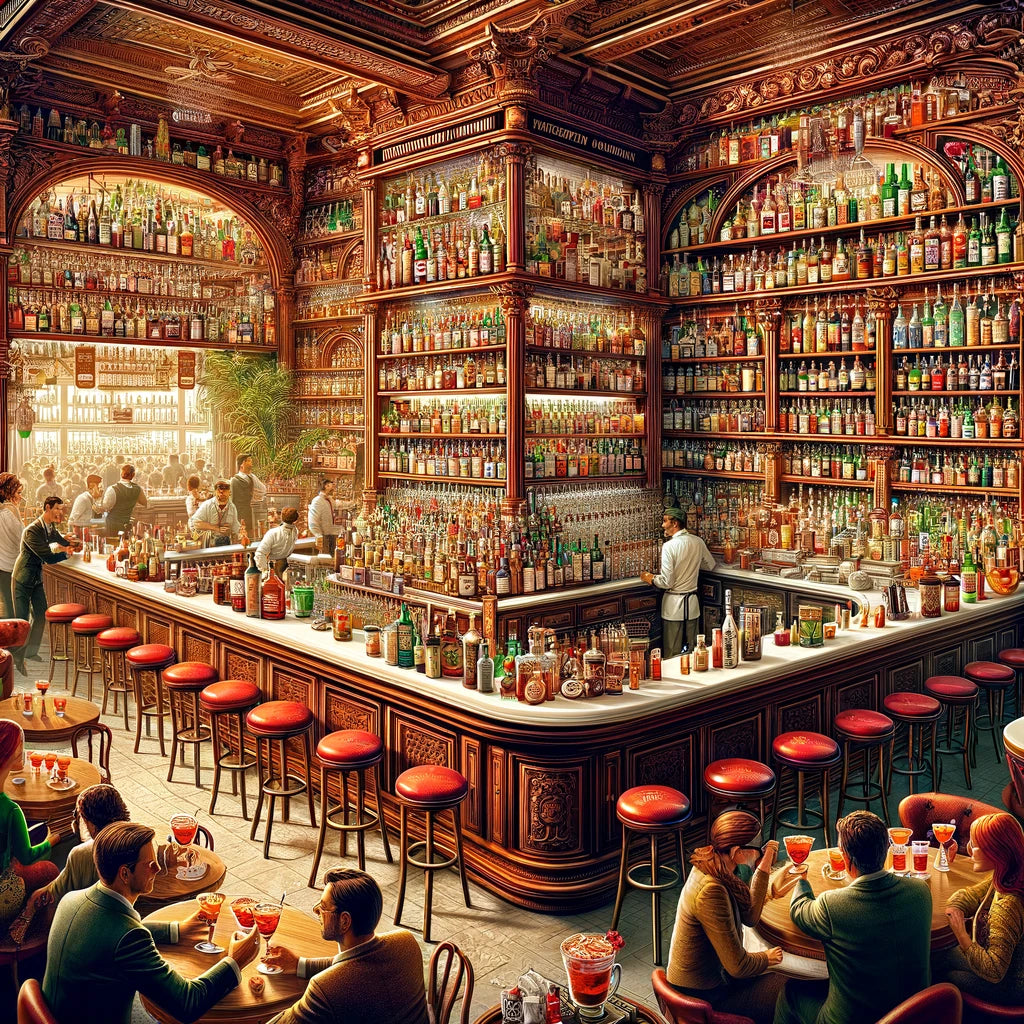
Tracing the Origins: Where Did Cocktails Originate?
The question of "where did cocktails originate" delves into a rich tapestry of history, culture, and the evolution of drinking practices. The cocktail, as we know it today, is a sophisticated blend of spirits, sugar, water, and bitters—a concoction that has traveled through time and across continents, evolving with each era it encounters. This article explores the multifaceted origins of cocktails, shedding light on their historical background and the journey that led them to become a staple of modern social culture.
Early Beginnings
The concept of mixing drinks is far from a modern invention. Historical records dating back to ancient civilizations show that humans have long been infusing their beverages with various ingredients to enhance flavor and enjoyment. However, the cocktail, in the specific context of a structured blend of ingredients designed to please the palate, has its roots more firmly planted in the 18th and early 19th centuries.
The British and American Influence
One popular theory on where cocktails originate points to British and American taverns and apothecaries, where punch-like mixtures were common. These establishments often served mixtures of spirits with fruits, spices, and other additives to create palatable and invigorating drinks. The term "cocktail" itself is believed to have first appeared in print in the early 1800s in the United States, suggesting that America played a crucial role in the development and naming of the cocktail as a distinct category of beverage.
The Etymology of "Cocktail"
The etymology of "cocktail" is a subject of much debate and speculation. One theory suggests that the term derived from the practice of serving mixed drinks in alehouse cockerels (jugs), while another posits that it comes from the French word "coquetel," a term used in the 18th century to describe a mixed drink. Regardless of its true origins, the word "cocktail" began to gain widespread usage in the early 19th century, signifying a mixture of spirits, sugar, water, and bitters.
Prohibition and the Evolution of Cocktails
The Prohibition era in the United States (1920-1933) marked a significant turning point in the history of cocktails. With the production and sale of alcohol being illegal, underground speakeasies began to flourish, and the demand for cocktails surged. Bartenders became adept at masking the taste of poor-quality spirits with juices, syrups, and other flavors, leading to the creation of many new and inventive drinks. This period of innovation significantly contributed to the diversity and complexity of the cocktail culture we see today.
Global Influence and Modern Mixology
After Prohibition, the popularity of cocktails continued to spread globally, with each country and culture adding its unique twist. The latter half of the 20th century and the early 21st century have seen a renaissance in cocktail making, often referred to as the "craft cocktail" movement. Bartenders and mixologists now experiment with a vast array of ingredients, techniques, and presentations, elevating the cocktail from a mere drink to an art form.
Conclusion
In answering the question of where did cocktails originate, it's clear that their history is as mixed and colorful as the drinks themselves. From early medicinal concoctions to the sophisticated creations of today's craft cocktail scene, cocktails have always reflected the cultural, social, and historical contexts in which they are made. As we continue to explore and innovate within the world of mixology, the story of the cocktail will undoubtedly evolve further, continuing to intrigue and delight enthusiasts around the globe.
